Introduction
gas boiler replacement can be a costly and complicated project, but it is often necessary if your old boiler is inefficient, unreliable, or has broken down.
A gas boiler is a device used in a home heating system that generates heat by burning natural gas or liquefied petroleum gas. This heat energy is transferred throughout the home through water circulation pipes, thereby providing indoor heating. Gas boilers can be installed indoors or outdoors and operated remotely via a controller.
Choosing the right gas boiler is critical to the efficiency and safety of your home heating system. If the selected boiler is too large or too small to meet the heating needs of the family, it will lead to energy waste and insufficiency. Additionally, if the boiler is of poor quality or not professionally installed, it can malfunction, creating a safety hazard for the home. Therefore, choosing the right gas boiler is very important to ensure the safety and efficiency of your home heating system.
Gas Boiler Replacement: How to Choose the Right System for Your Home
Gas Boiler Replacement
As a homeowner, one of the most important appliances in your home is your gas boiler. This appliance is responsible for providing heat and hot water for your home, and a malfunctioning or inefficient boiler can cause a lot of problems. If your gas boiler is old, inefficient, or constantly in need of repairs, it may be time to consider replacing it with a new, more efficient model. In this article, we will discuss everything you need to know about gas boiler replacement, including the benefits, the different types of boilers available, and how to choose the right one for your home.
Need a new boiler or steam generator?
First and foremost, let’s talk about the benefits of replacing your old gas boiler. One of the main benefits is improved energy efficiency. Older gas boilers can be quite inefficient, wasting a lot of energy and costing you more money on your monthly energy bills. Newer gas boilers, on the other hand, are much more efficient, using less energy to produce the same amount of heat and hot water. This means that not only will you save money on your energy bills, but you’ll also be doing your part to help the environment by reducing your carbon footprint.
Another benefit of replacing your old gas boiler is improved reliability. As a gas boiler gets older, it becomes more susceptible to breakdowns and malfunctions. This can be frustrating and inconvenient, not to mention expensive if you need to call a professional to come and repair it. With a new gas boiler, you can enjoy peace of mind knowing that it will function reliably for years to come.
What is the best option to replace a gas boiler?
Types of gas boilers
When it comes to choosing a new gas boiler, there are several different types to choose from. The most common type is a conventional boiler, which is also known as a regular or traditional boiler. This type of boiler has a separate hot water cylinder, which is typically stored in an airing cupboard. Conventional boilers are a good choice for larger homes with multiple bathrooms, as they can provide plenty of hot water to meet the needs of multiple people at once.
Another type of gas boiler is a combi boiler, which is short for a combination boiler. This type of boiler is a compact, all-in-one unit that provides both heating and hot water. Combi boilers are a popular choice for smaller homes or homes with one bathroom, as they take up less space and are easier to install than conventional boilers. Combi boilers are also more energy efficient than conventional boilers, as they only heat the water as needed, rather than constantly maintaining a supply of hot water in a cylinder.
There are also system boilers, which are similar to conventional boilers but do not require a separate hot water cylinder. Instead, they have an inbuilt cylinder for storing hot water, which can provide a faster flow rate than a combi boiler. System boilers are a good choice for homes with multiple bathrooms or a high demand for hot water.

Advantages and disadvantages of gas boilers
Benefits of Replacing a Gas Boiler
Gas boilers offer several advantages in home heating such as cost-effectiveness and energy efficiency. They are generally more energy efficient than other types of heating systems because they convert gas energy directly into heat without the use of intermediate energy conversion stages. In addition, gas boilers are easy to install and operate, and usually require no special infrastructure and maintenance.
However, gas boilers also have some disadvantages. First, they require regular maintenance and inspections to ensure their safety and efficiency. If boilers are faulty or left unrepaired, they can cause carbon oxide poisoning and even cause an explosion. In addition, the operating cost of gas-fired boilers has increased with the rise in natural gas prices, and their combustion process will produce greenhouse gases, causing certain pollution to the environment.
Get FREE Boiler Quotes
Get FREE Local Boiler Quotes today
Compare The Best Prices
Save Money On Your New Boiler Today!
Factors to consider when replacing your old boiler
Gas boiler replacement cost
Replacing a gas boiler can be a costly and complicated project, but it is often necessary if your old boiler is inefficient, unreliable, or has broken down.
The cost of replacing a gas boiler depends on several factors, including the size and type of boiler, the brand and model, the complexity of the installation, and any additional features or accessories. A small, simple gas boiler with a standard efficiency rating and no special features may cost as little as $1,500 to $2,500, while a larger, more advanced boiler with a high efficiency rating and advanced controls can cost $3,000 to $5,000 or more.
The brand and model of the new boiler also play a role in the cost of replacement. Some brands are known for their high quality and reliability, but they also tend to be more expensive. On the other hand, there are also budget-friendly brands that offer decent boilers at lower prices. It is important to do some research and compare prices from different manufacturers to find the best deal.
The complexity of the installation is another factor that can affect the cost of replacing a gas boiler. If your old boiler is in a difficult-to-reach location, or if it requires special modifications or adaptations to fit in the existing space, the installation process may be more complex and time-consuming, which can increase the cost. On the other hand, if the new boiler can be installed in the same location and with the same connections as the old one, the installation may be relatively simple and straightforward, which can save you money.
Finally, the cost of replacing a gas boiler may also be affected by any additional features or accessories that you choose to add. For example, a boiler with an electronic thermostat or a remote control may cost more than a basic model with a manual thermostat. Similarly, a boiler with a built-in hot water tank or an integrated heating system may cost more than a standalone boiler.
Get an online fixed price in 20 seconds:
Comparing Gas Boiler Prices and Models
To give you an idea of the average cost of replacing a gas boiler, here are some rough estimates based on the size and type of boiler:
A small, standard efficiency gas boiler with no special features may cost $1,500 to $2,500 to replace.
A medium-sized, high efficiency gas boiler with advanced controls and a built-in hot water tank may cost $3,000 to $4,000 to replace.
A large, high-efficiency gas boiler with an integrated heating system and a remote control may cost $4,500 to $6,000 to replace.
These estimates are based on average prices and may vary by specific make, model and size.
Conclusion
When replacing an old gas boiler, one should consider the different types of gas boilers, their pros, and cons, and determine which type is best for your home. When choosing a new gas boiler, readers should also consider factors such as boiler size, fuel type, and efficiency, as well as properly measure your home’s heating needs in order to choose a boiler that will meet those needs. When installing a new gas boiler, you should call in professional help. In short, replacing a gas boiler is an important matter and should be considered carefully.

Looking for boilers with sophisticated manufacturing, great quality?
Fangkuai boiler can always provide what you want.

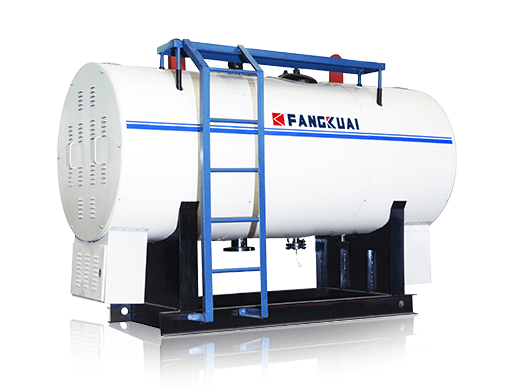 Electric Hot Water Boiler
Electric Hot Water Boiler 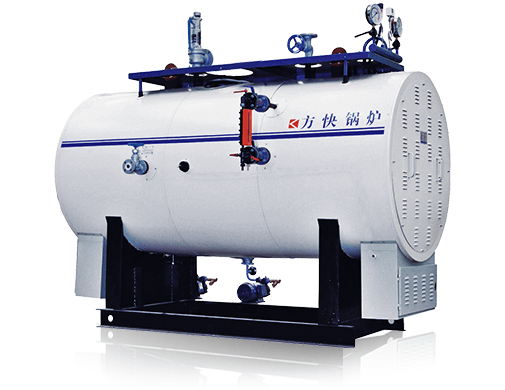 Electric Steam Boiler
Electric Steam Boiler 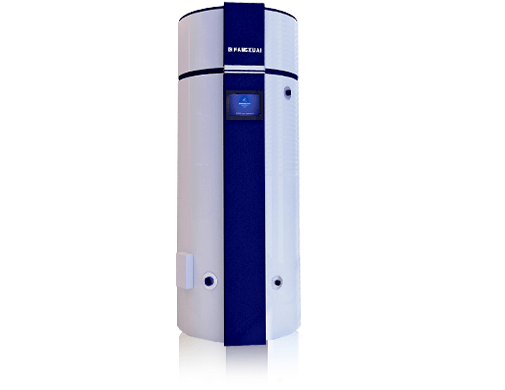 V6 Gas Fired Hot Water Boiler
V6 Gas Fired Hot Water Boiler 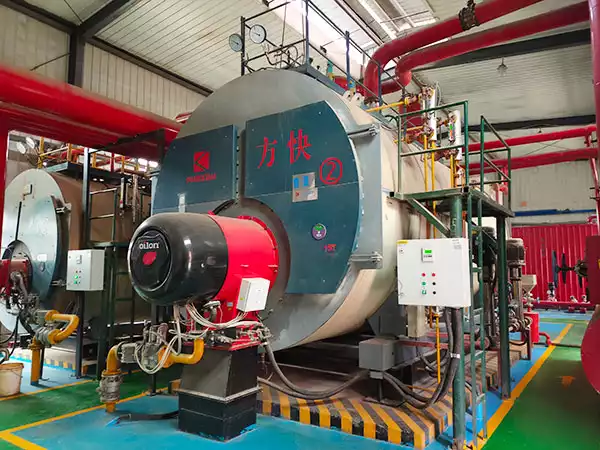 2023 Gas Boiler Prices Guide | Comparing Home Gas Boiler Costs
2023 Gas Boiler Prices Guide | Comparing Home Gas Boiler Costs 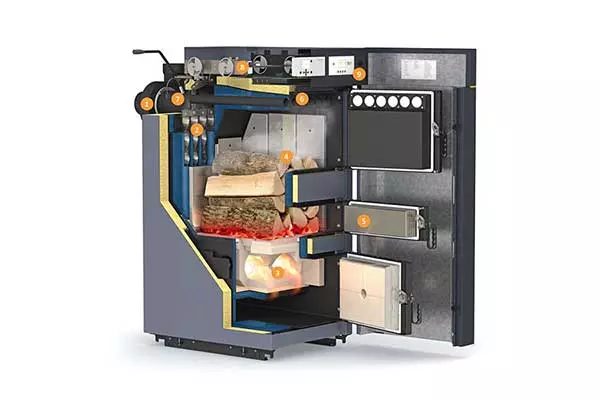 Best Wood Gasification Boilers For Sale | Buying Guide
Best Wood Gasification Boilers For Sale | Buying Guide 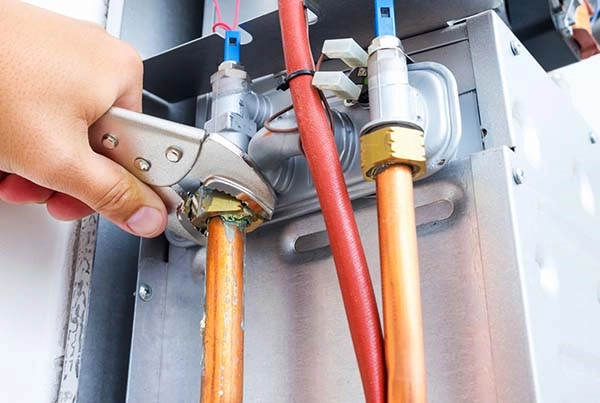 Electric Combi Boiler Prices | 2023 Buying Guide
Electric Combi Boiler Prices | 2023 Buying Guide 